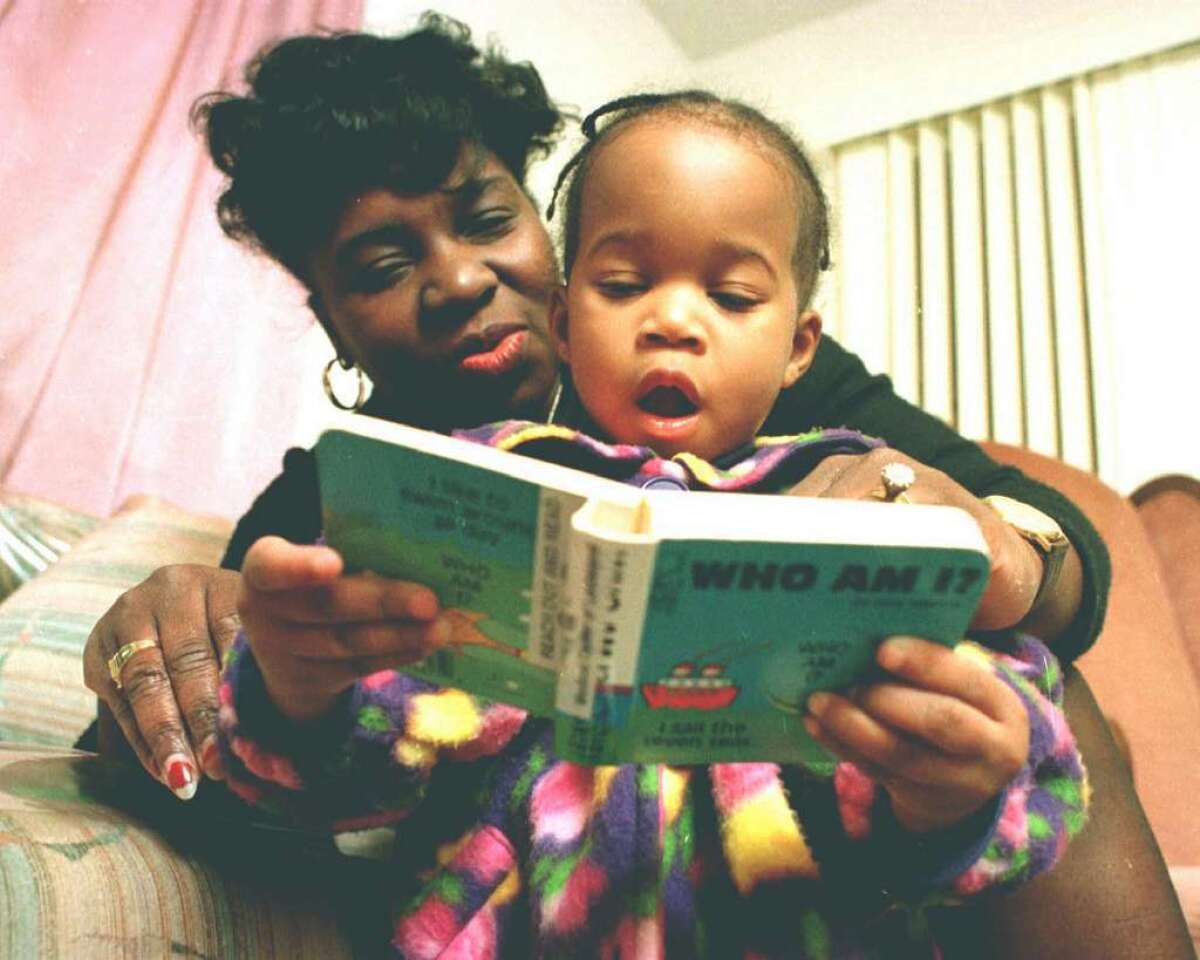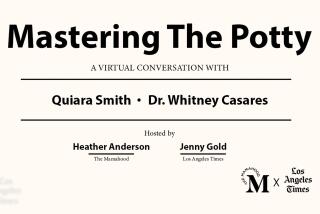Pediatricians’ Rx for parents: Read to your kids every single day

Books are like medicine, and pediatricians should prescribe their daily use to build up the brains of their youngest patients, according to a new policy statement from the American Academy of Pediatrics.
Parents should read aloud to their infants every day and continue to do so at least until their children enter kindergarten, the academy’s Council on Early Childhood advised on Tuesday. Pediatricians should emphasize the importance of daily reading during routine health checkups and dispense books to their patients, especially those from low-income families, the experts said.
Asking pediatricians to act a little more like librarians may sound strange, but many studies have documented that literacy has lifelong benefits for health. For instance, adults who have trouble with reading are less likely to get preventive healthcare, are not as good at managing chronic diseases, are more likely to wind up in the hospital and are more likely to die prematurely, the policy statement noted.
A daily reading habit can reduce all of those risks, the experts said, and it’s never too early to start.
“Reading regularly with young children stimulates optimal patterns of brain development,” the academy’s report said. That, in turn, “builds language, literacy, and social-emotional skills that last a lifetime.”
And yet, only one-third of young children in poverty are read to every day, according to data from the 2011-12 National Survey of Children’s Health. Even among kids whose family incomes are four times greater than the federal poverty level, 40% don’t get a daily dose of reading, the survey found.
The authors of the report acknowledged that finding time for daily reading sessions can be a challenge for families all along the economic spectrum. Many parents aren’t aware that reading out loud to their kids every day is crucial. But pediatricians can change that, the experts wrote.
They advised doctors to do five specific things:
- Emphasize to parents that reading to their kids – even infants – builds the “brain circuits to prepare children to learn language and early literacy skills.”
- Guide parents toward reading activities that they and their kids will enjoy.
- Provide books to low-income patients that are “developmentally, culturally, and linguistically appropriate.”
- Use posters, pamphlets and other materials to promote reading, including programs run by public libraries.
- Team up with advocacy groups that promote childhood literacy.
All of this may sound like a tall order, but there’s already a program that does most of these things, the policy statement noted. It’s called Reach Out and Read, and studies have shown that it does make parents more likely to read to their kids. Even better, more than 5,000 pediatric practices are already using it, as are more than half of pediatric residency programs.
The new policy statement has won the backing of former Secretary of State Hillary Rodham Clinton, who announced Tuesday that children’s book publisher Scholastic would donate more than half a million books toward the effort.
If you enjoy reading something interesting every day, follow me on Twitter at @LATkarenkaplan.







